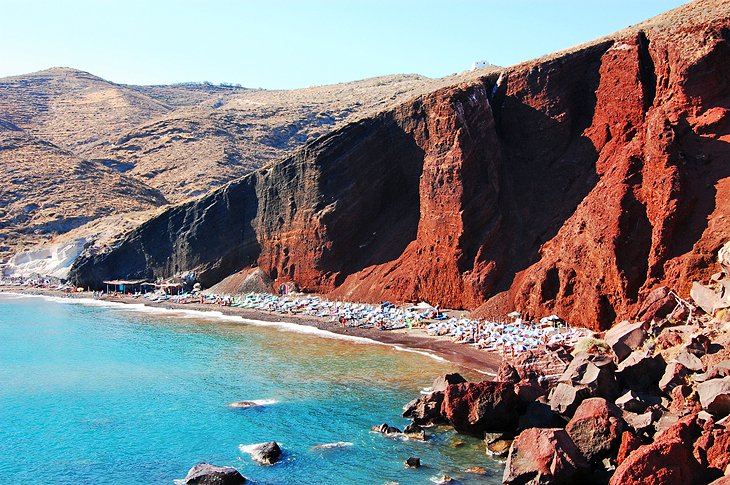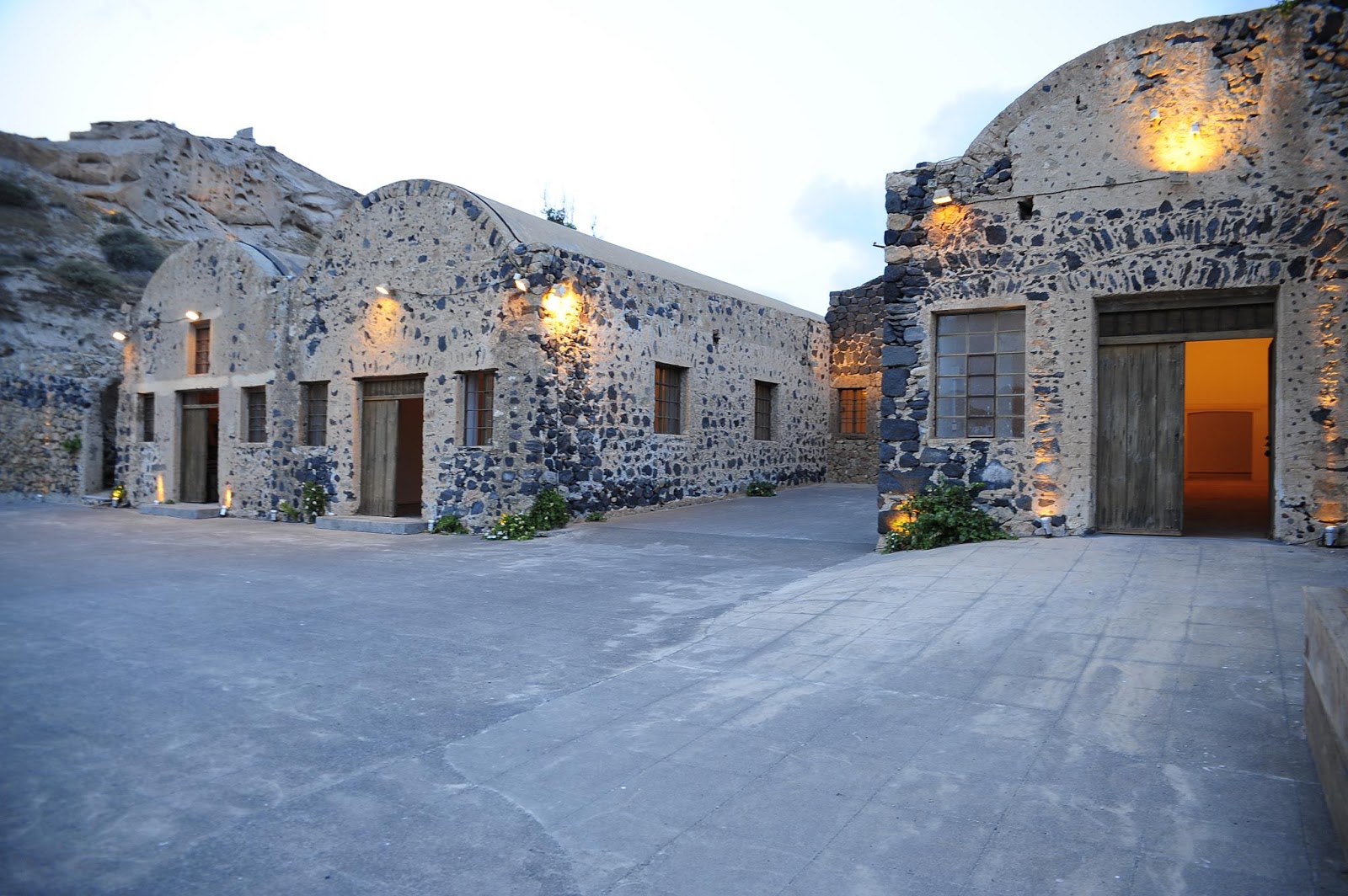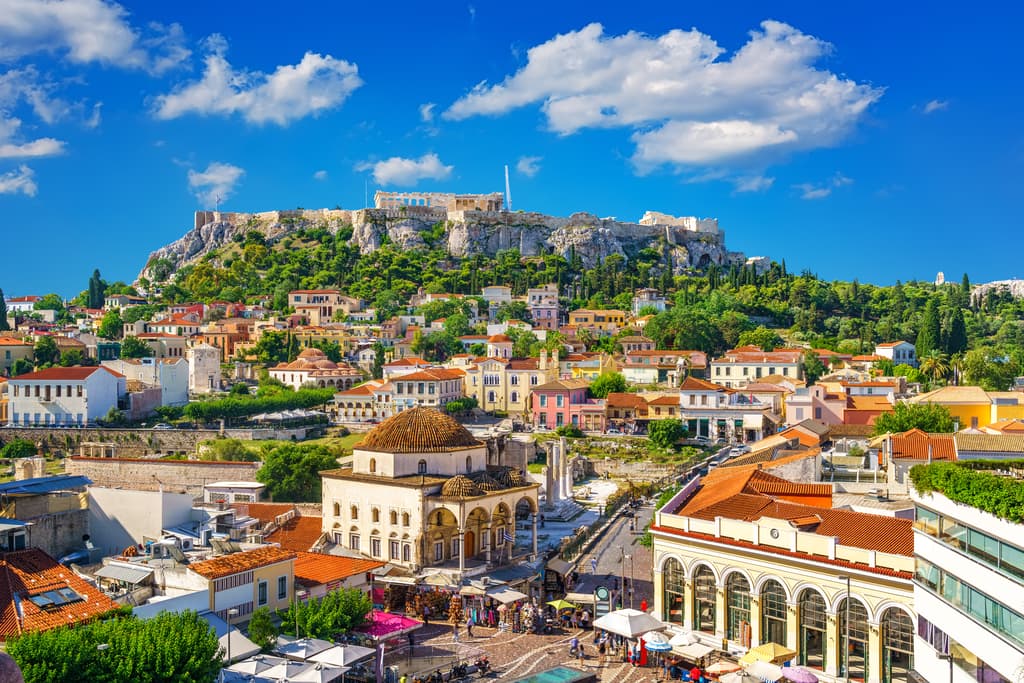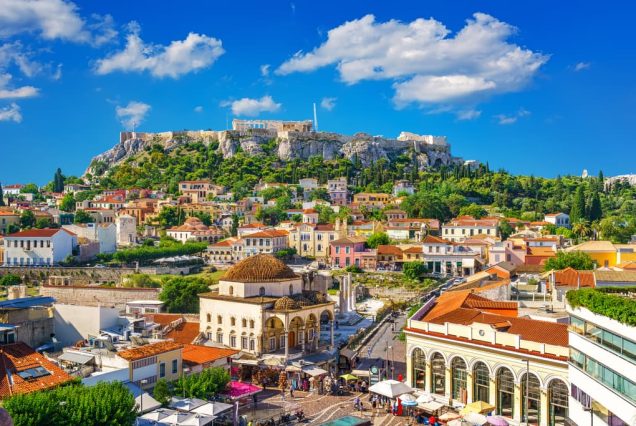

Discover Greece
Sights
Map
Info
Greece, a land where ancient history meets modern vibrancy, is renowned for its picturesque landscapes, archaeological wonders, and rich cultural heritage. The country offers visitors a unique blend of historical exploration and leisure, with everything from the ruins of ancient civilizations to stunning beaches and lively cities. Whether you’re wandering through the streets of Athens or relaxing on the islands of Santorini or Crete, Greece is a destination that caters to both the adventurous and those seeking relaxation. Before embarking on your journey, it’s important to be informed about the country’s travel requirements, transportation options, and cultural norms to make the most of your visit.
Visa and Passport Requirements
Visa Requirement: Greece is part of the Schengen Area, so most travelers from Europe and other visa-exempt countries can enter for up to 90 days without a visa.
Passport Validity: Your passport should be valid for at least three months beyond your planned departure date from the Schengen Area.
Schengen Visa: Travelers from non-visa-exempt countries need to apply for a Schengen visa before arrival, which allows for travel within the Schengen zone.
Transportation
Public Transport: Greece has a well-developed public transport system, including buses, trams, and metro services, especially in Athens and Thessaloniki.
Ferries: Ferries are a popular and scenic way to travel between the Greek islands and mainland ports.
Car Rentals: Renting a car is a convenient option for exploring the mainland and larger islands, but be prepared for narrow roads and different driving conditions.
Accommodation
Hotels: Greece offers a range of hotels, from luxury resorts to budget-friendly options, with many located in scenic spots overlooking the sea.
Guesthouses and Villas: For a more local experience, guesthouses and vacation villas are widely available, especially on the islands.
Camping: For the adventurous, camping is an option in some national parks and on specific islands, providing an affordable way to enjoy Greece’s natural beauty.
Dining
Greek Cuisine: Greece is famous for its Mediterranean diet, featuring dishes like moussaka, souvlaki, and fresh seafood, all complemented by olive oil and herbs.
Tavernas: Traditional tavernas offer a casual dining experience with authentic Greek dishes, often accompanied by live music.
Mealtime Traditions: Dinner in Greece is typically served late, around 8:00 PM or later, and is often a leisurely, social affair.
Cultural Considerations
Respect for Religious Sites: Greece is deeply rooted in Orthodox Christianity, so when visiting churches and monasteries, modest dress is required.
Politeness and Greetings: Greeks are generally warm and hospitable, and it’s customary to greet people with a friendly “Kalimera” (Good morning) or “Kalispera” (Good evening).
Punctuality: While Greeks are laid-back, it’s considered polite to be on time for social gatherings and appointments.
Language
Language: Greek is the official language, but English is widely spoken in tourist areas, especially in cities and on popular islands.
Signage: Most public signs are bilingual, in Greek and English, making navigation easier for tourists.
Learning Basic Phrases: Knowing a few basic Greek phrases, such as “Efharisto” (Thank you) and “Parakalo” (Please), can go a long way in enhancing your experience.
Technology and Communication
Mobile Connectivity: Greece has good mobile network coverage, but it’s advisable to check roaming charges or purchase a local SIM card for extended stays.
Wi-Fi Access: Free Wi-Fi is widely available in hotels, cafes, and public spaces, though speeds may vary, especially in remote areas.
Power Adapters: Greece uses a 230V electrical system with Type C and F plugs, so an adapter may be necessary for travelers from other regions.
Shopping and Payment
Credit Cards: Credit cards are widely accepted in Greece, particularly in urban areas, but it’s advisable to carry some cash for smaller towns and markets.
VAT and Tax-Free Shopping: Non-EU visitors can claim a VAT refund on purchases over a certain amount; be sure to keep receipts and process the refund at the airport.
Local Markets: Visiting local markets is a great way to buy fresh produce, local crafts, and souvenirs, with opportunities to haggle for the best price.



















